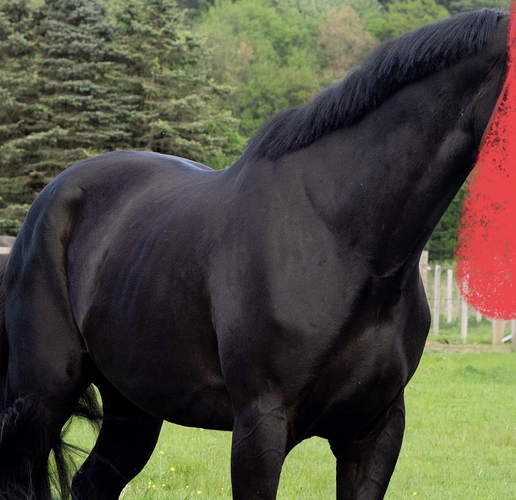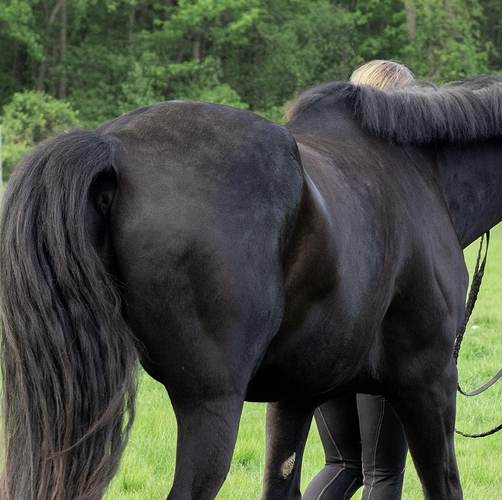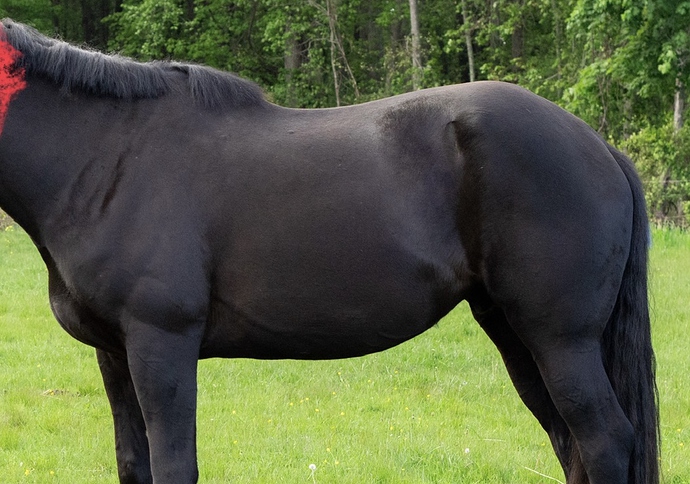If it were me, I would call the owner or lead person at the old practice (not the PPE vet), not to rant and rave, but just to have a conversation. ‘I respect that vets have the duty of their honest opinion to the buyer, but I take care of my horses and am diligent about matching horses and buyers. My years of experience with horses, buyers and PPE’s have me questioning what I heard this vet say. I just wanted to hear from you that you your practice encourages sound evidence-based assessments, and that you send a vet with experience in the discipline of the buyer.’
Of course it is going to come across that you are the pissy one. That’s ok, that bridge was already burned long ago. Keep your tone impersonal and matter-of-fact. Focus objectively on your experience, and the PPE’s vet’s approach to the PPE, and possibly to a discipline that the PPE vet may not know as well as she thinks she does.
I would justify the call as ‘I just wanted to hear from you how your practice wants your vets to approach the way the vet communicates during a PPE, because I’ve attended a lot of them, I thought this one was off, but maybe I’m missing something.’
Or whatever, but the key is ‘I want to hear from you’. That is, this isn’t you berating without listening, you really want to hear from what the head person has to say. They may be dismissive in which case there isn’t more to say. But they may say something interesting.
That said – What I would really want from this conversation is to trigger another conversation inside the practice (that’s internal so I won’t be there for it, of course). Between more experienced vets and the new vet. The nuances of communications during a PPE vs other types of exams. Taking the buyer’s discipline into account. Basically, is the vet really up for this particular PPE discipline, before the vet accepts it. In the interests of continuing to build confidence in the practice, not erode it. Because sometimes a prospective buyer also thinks a PPE vet is off base, is overstepping and going a bit far with an opinion about a discipline they don’t know well. Although we don’t know that is the case this time.
You are in a bit of a bind, OP, that future buyers may choose the same PPE practice/vet. But of course sellers everywhere can end up in these situations near a vet(s) they don’t have much confidence in, that may end up with the PPE assignment. I honestly don’t know how to handle that, other than to recommend at least three other vets that you would be ok with. That way the buyer has a choice and you aren’t trying to exercise too much control. Of course the buyer may choose someone else, but at least you’ve given them some phone numbers.





 Of course that’s my perspective and others might see it differently.
Of course that’s my perspective and others might see it differently.